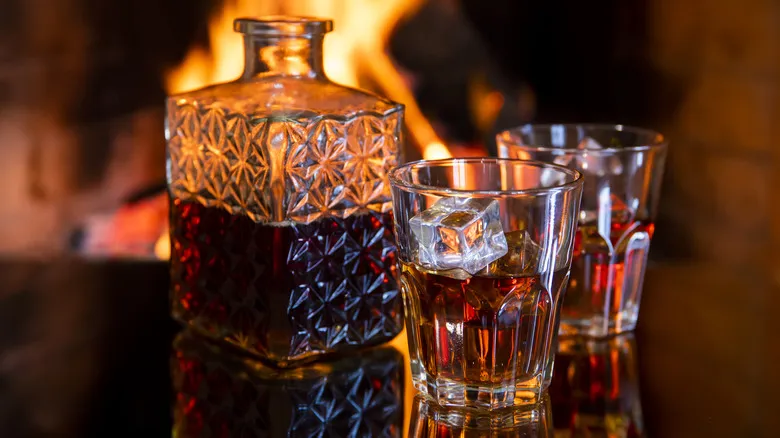Why are certain bourbons allocated?
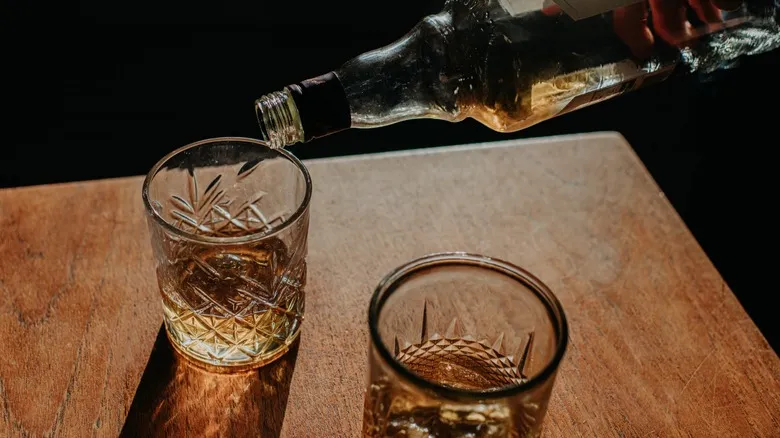
While various factors contribute to why a specific distillery may allocate one or more of its bourbons, the primary reasons typically boil down to basic supply and demand. Kentucky is renowned as the bourbon capital of the world, yet the intense demand for bourbon extends far beyond the borders of the Bluegrass State. However, there’s a limit to how many bottles can be stored in a barrel at once. The combination of high domestic and international demand for bourbon, along with the lengthy production process, often results in distillers having significantly fewer bottles available than the number of eager consumers. Consequently, these distilleries distribute their spirits to select retailers, sometimes only during specific times of the year.
When distilleries allocate bourbons that are both limited in quantity and high in demand, it’s reasonable to expect that many sought-after bourbons will be allocated. This assumption is generally accurate, as some of the most esteemed bourbons are hard to come by due to allocation practices. (Though, on rare occasions, you might still score a bottle of Blanton's at certain Costco locations.) Even some standard bourbons, like the classic Buffalo Trace, are allocated, highlighting the bottle's value for money. Therefore, if you hear enthusiasts excitedly discussing a particular find or notice a lot of buzz around an allocation lottery, you’ll understand the excitement and might even want to get involved yourself.
Recommended
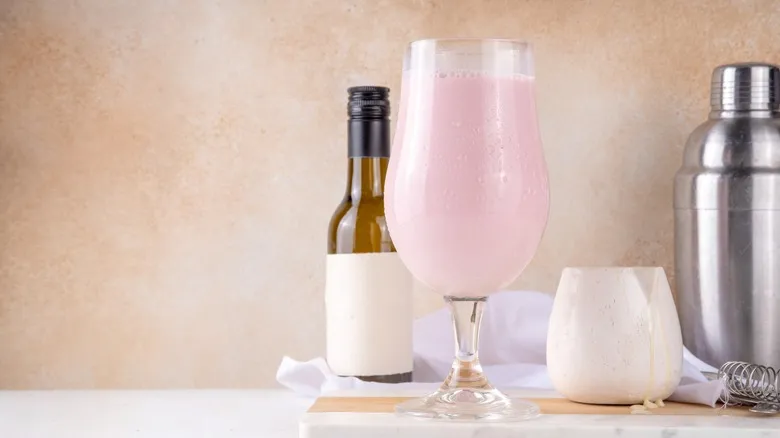
The Canned Ingredient You Need For A Creamy Red Wine Cocktail
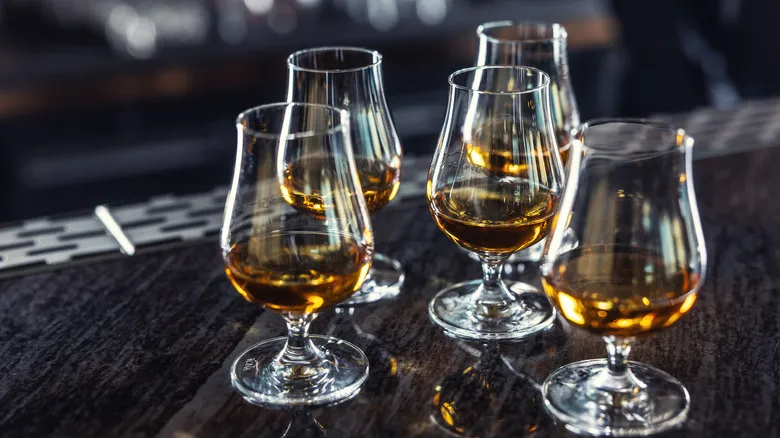
The Hands-Down Best Glass To Drink Whiskey Neat
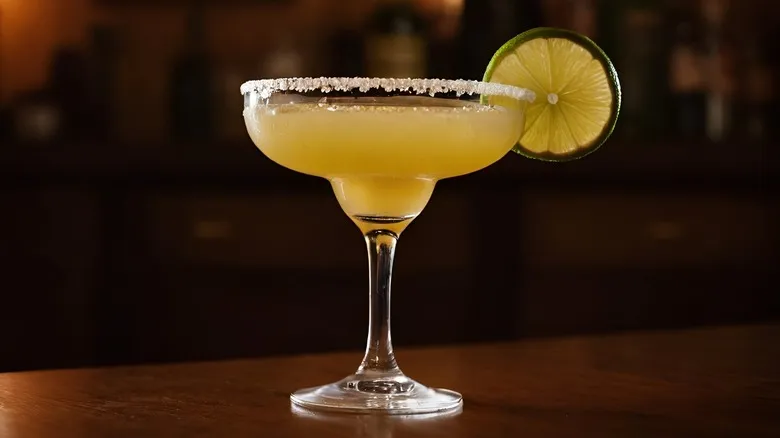
The Best Tequila For Margaritas
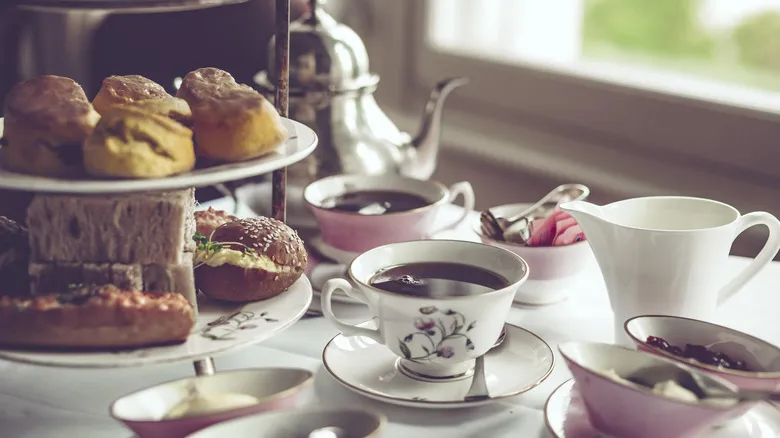
13 Must-Try Afternoon Teas Around The World
Next up

